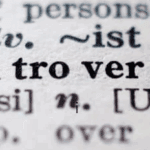
🌍 The 10 Biggest Controversies in Human History
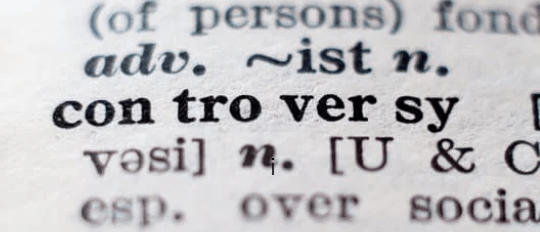
Throughout history, certain events have shaken the world—not just because of their immediate impact but because they challenged ethics, transparency, power, and truth. These controversies sparked protests, rewrote laws, and in some cases, changed the trajectory of nations.
Here are the 10 biggest controversies to have taken place on Earth, dissected with facts, context, and consequences.
1. The Holocaust Denial
Time Period: Post-WWII
Controversy: Some individuals and groups deny or minimize the genocide of six million Jews by Nazi Germany.
Key Facts:
- Over 6 million Jews were killed during the Holocaust.
- Despite overwhelming evidence (testimonies, documents, photos), Holocaust denial persists.
- Denial is illegal in 16 countries, including Germany and France.
Why it matters: Denial undermines history, disrespects victims, and fuels anti-Semitism.
2. The Moon Landing Conspiracy
Time Period: 1969–Present
Controversy: Claims that the Apollo 11 Moon landing was faked by NASA.
Key Facts:
- 400,000 people worked on the Apollo missions.
- 12 astronauts walked on the moon between 1969 and 1972.
- 10% of Americans (and higher percentages globally) believe the landings were staged.
Why it matters: Undermines scientific achievement and promotes distrust in institutions.
3. The 9/11 Attacks and Inside Job Theories
Time Period: 2001–Present
Controversy: Belief that the U.S. government orchestrated or allowed the 9/11 attacks.
Key Facts:
- Nearly 3,000 people died in the attacks.
- Multiple investigations confirmed Al-Qaeda’s responsibility.
- A 2006 Scripps poll found 36% of Americans thought the government was involved.
Why it matters: Shakes trust in democratic governments and national security.
4. The COVID-19 Origin and Response
Time Period: 2019–Present
Controversy: Questions over whether COVID-19 was a natural spillover or lab-engineered.
Key Facts:
- Over 7 million confirmed deaths globally.
- Theories include a lab-leak from Wuhan Institute of Virology.
- WHO investigations have not conclusively determined the origin.
Why it matters: Influences public health policy and international relations.
5. The Assassination of JFK
Time Period: 1963
Controversy: Whether Lee Harvey Oswald acted alone.
Key Facts:
- 70% of Americans in 1976 believed there was a conspiracy.
- The Warren Commission concluded Oswald acted alone.
- Documents continue to be declassified as recently as 2023.
Why it matters: Highlights the struggle between transparency and national security.
6. The Panama Papers Leak
Time Period: 2016
Controversy: Leak of 11.5 million documents revealing how the rich hide wealth offshore.
Key Facts:
- Exposed 214,000 offshore entities.
- Involved politicians, celebrities, and business leaders.
- Led to resignations, including the Icelandic Prime Minister.
Why it matters: Shows scale of global financial secrecy and inequality.
7. The Watergate Scandal
Time Period: 1972–1974
Controversy: U.S. President Richard Nixon’s administration tried to cover up a break-in.
Key Facts:
- Resulted in Nixon resigning—the only U.S. president to do so.
- Led to sweeping reforms in political transparency.
- Deepened public mistrust in U.S. government.
Why it matters: Redefined journalistic power and executive accountability.
8. The Israeli-Palestinian Conflict
Time Period: 1948–Present
Controversy: Ongoing conflict over land, identity, and sovereignty.
Key Facts:
- Over 100,000 deaths estimated since 1948.
- Multiple wars, peace talks, and UN resolutions.
- Most recent flare-up in 2023-24 saw global protests and polarizing media coverage.
Why it matters: One of the longest, most polarizing geopolitical conflicts.
9. Global Warming and Climate Change Denial
Time Period: 1980s–Present
Controversy: Despite scientific consensus, many deny or downplay climate change.
Key Facts:
- 97% of climate scientists agree on human-caused climate change.
- Fossil fuel lobbies have spent over $1 billion on disinformation campaigns.
- 2023 was the hottest year ever recorded.
Why it matters: Delay in action threatens global ecosystems and economies.
10. AI and the Ethics of Superintelligence
Time Period: 2010s–Present
Controversy: Rapid AI development raises fears about misuse, job loss, and control.
Key Facts:
- AI job automation could impact up to 800 million jobs by 2030.
- Ethicists warn of biases and lack of oversight in AI algorithms.
- In 2023, AI experts signed open letters demanding safety regulations.
Why it matters: Affects democracy, privacy, employment, and even existential risk.
Final Thoughts 💭
Controversies don’t just divide opinions—they often reveal the fault lines in human society: power, secrecy, inequality, fear, and the hunger for truth. While some have been resolved or debunked, others remain unresolved, continuing to influence public thought and policy.
If we are to learn from history, we must not look away from controversy—we must face it with facts, empathy, and open minds.
Hello, I am Aman (: Full Time Traveler :) At the age of 41, in April 2023, fueled by my love for travel and the determination not to remain fixed like a tree, I embarked on a bold journey. Having dedicated 17 years to a corporate job, I chose to transition from a full-time employee to a full-time traveler, driven by the desire to break free from the routine and constraints of a conventional life. Along the way, I not only explored the wonders of travel but also uncovered the transformative power of financial freedom. I realized how it could liberate me to lead a life teeming with adventure, purpose, and fulfillment. Through my blogs, I am passionately sharing my story, aiming to inspire and provide valuable guidance to those, like me, who aspire to weave travel into a life overflowing with limitless possibilities.


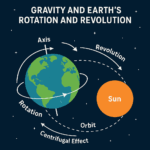













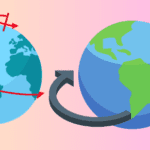


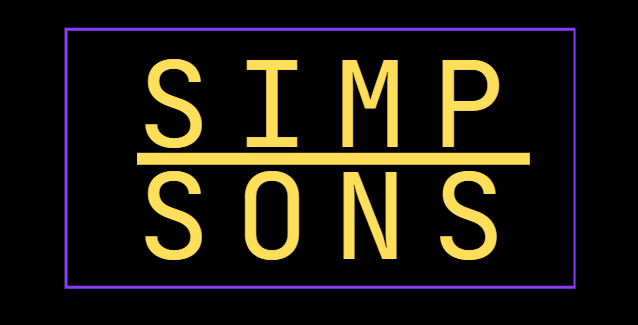

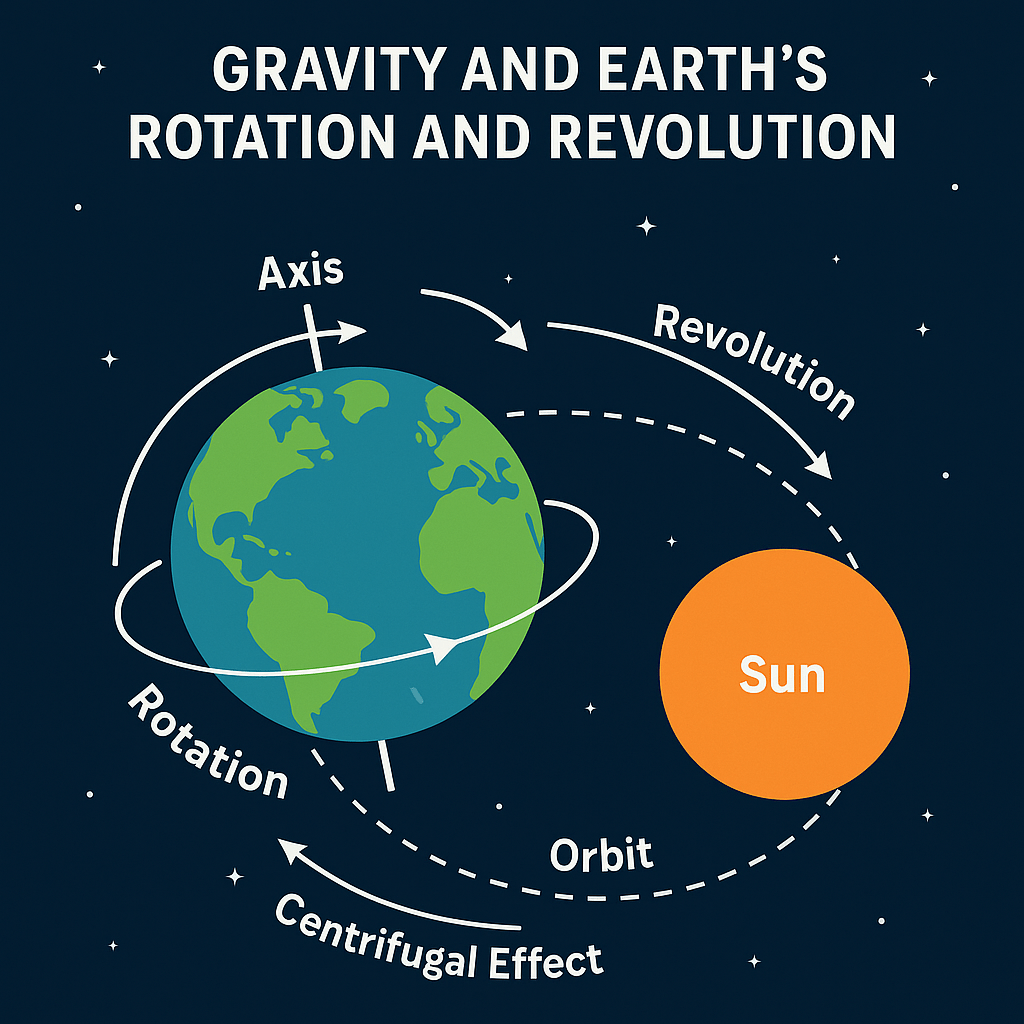
Post Comment
You must be logged in to post a comment.